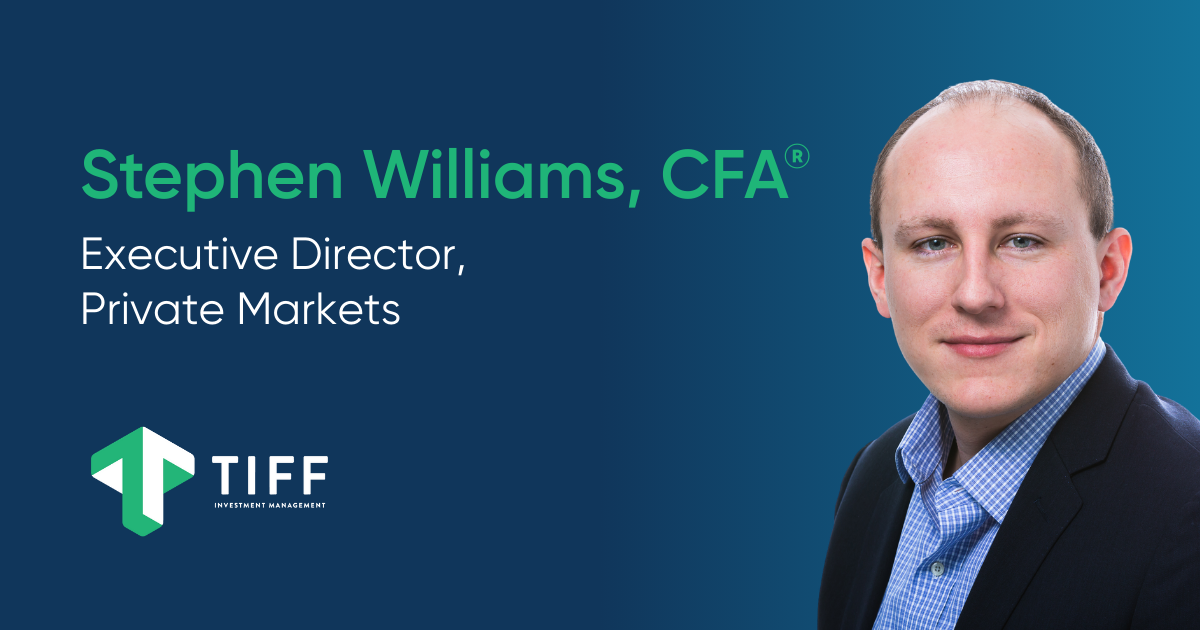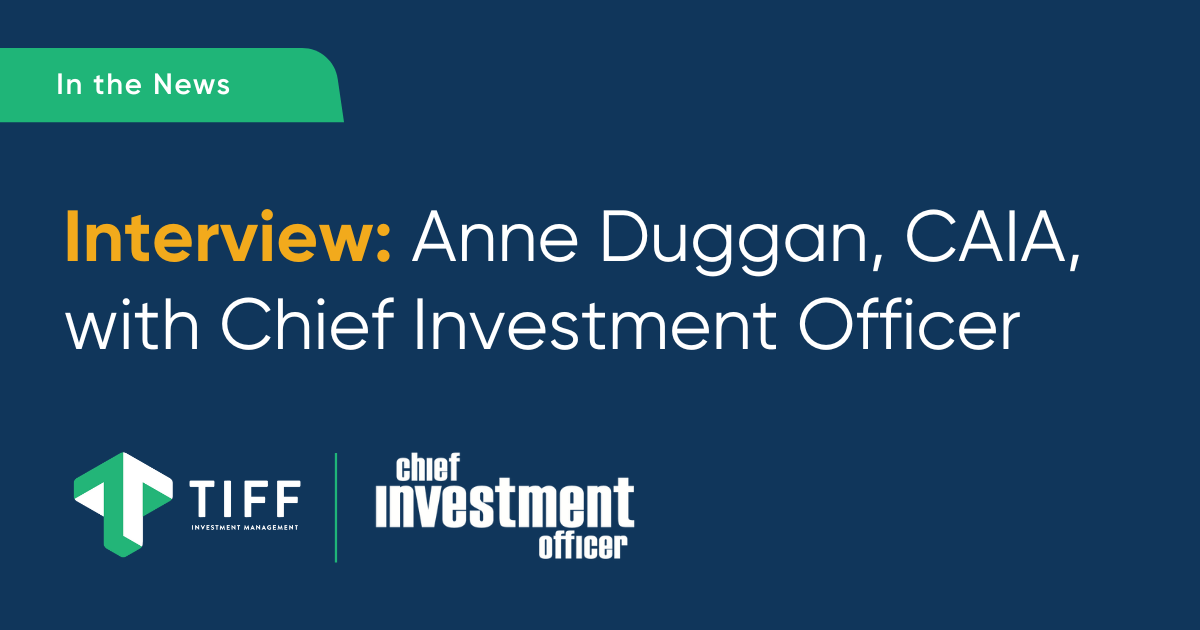Artificial Intelligence (AI) is reshaping how nonprofits operate, communicate, and serve their communities. In this discussion, experts from The Do Good Institute at the University of Maryland and Compass Pro Bono joined TIFF Investment Management to share how organizations can approach AI adoption strategically, drawing from Compass Pro Bono’s own implementation journey — what worked, what didn’t, and what others can learn.
Watch the Replay:
Key Takeaways:
- AI can significantly increase nonprofit efficiency when adopted thoughtfully. AI is already embedded in many common tools, and when used intentionally, it can augment human work and free staff to focus more time on mission-driven activities.
- Building a responsible, intentional AI strategy is essential for success. Compass Pro Bono’s experience shows that clear policies, targeted use cases, staff training, and a culture of experimentation create the foundation for safe and effective integration.
- AI can meaningfully redirect staff capacity toward high-value work. Teams can reclaim several hours per week—sometimes 10–12—by automating routine tasks and enhancing critical thinking tasks, allowing more time for strategy, storytelling, and stakeholder engagement.
Explore additional resources in the slide deck here↗.
The materials are being provided for informational purposes only and constitute neither an offer to sell nor a solicitation of an offer to buy securities. These materials also do not constitute an offer or advertisement of TIFF’s investment advisory services or investment, legal or tax advice. Opinions expressed herein are those of TIFF and are not a recommendation to buy or sell any securities.
These materials may contain forward-looking statements relating to future events. In some cases, you can identify forward-looking statements by terminology such as “may,” “will,” “should,” “expect,” “plan,” “intend,” “anticipate,” “believe,” “estimate,” “predict,” “potential,” or “continue,” the negative of such terms or other comparable terminology. Although TIFF believes the expectations reflected in the forward-looking statements are reasonable, future results cannot be guaranteed.



